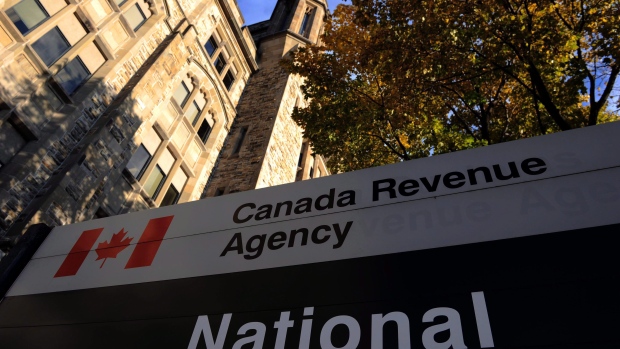Jun 18, 2019
Ottawa estimates corporations dodged up to $11.4B in 2014 tax payments
The Canadian Press

Corporations avoided paying Ottawa between $9.4 billion and $11.4 billion in taxes in 2014, according to a new federal estimate by the Canada Revenue Agency.
The report estimates a "tax gap" -- the difference between what is owed to the government and what was collected -- for small and medium enterprises of between $2.7 billion and $3.5 billion and for large corporations of between $6.7 billion and $7.9 billion.
The corporate figures bring the total estimated 2014 tax gap from a series of studies by a dedicated CRA unit to between $21.8 billion and $26 billion -- or 10.6 to 12.6 per cent of revenues -- not including funds recovered or lost due to audits.
Previous reports calculated the tax gap for international and national personal income tax and federal sales taxes, with the compiled information to be used to repair loopholes in government tax coverage and preserve its revenue stream.
"Our government is committed to cracking down on tax evasion and aggressive tax avoidance in Canada and offshore," said National Revenue Minister Diane Lebouthillier in a statement.
"The government is delivering on its commitment to calculate the tax gap. This information will help the CRA evaluate its approaches and better target compliance actions to ensure a tax system that is fair and equitable for all Canadians."
Corporate tax filers reported approximately $298 billion in taxable income and $40.9 billion in total federal tax payable for tax year 2014.
Although they made up only about one per cent of the 2.1 million corporate tax filers, large corporations reported about 52 per cent of the total corporate taxable income and contributed about 54 per cent of the federal tax.
The government said audits, some of which are ongoing, are estimated to reduce the tax gap for smaller enterprises by 31 to 40 per cent, and the gap for large corporations by between 64 and 75 per cent.
Overall, the audits are expected to reduce the corporate tax gap for 2014 to between $3.3 billion and $5.3 billion.
Future tax gap reports are expected to examine topics such as the payment gap, excise tax gap, non-compliance in the claiming of deductions and credits by individuals and the impact of audits at reducing the tax gap, along with regular updates.




